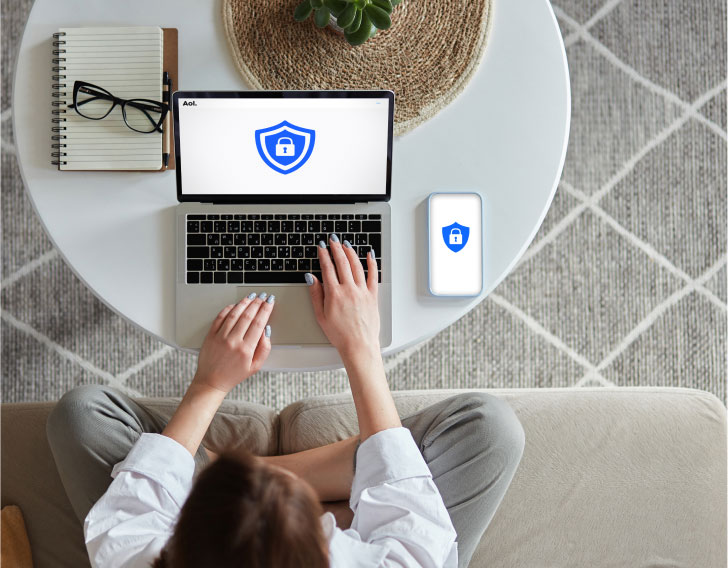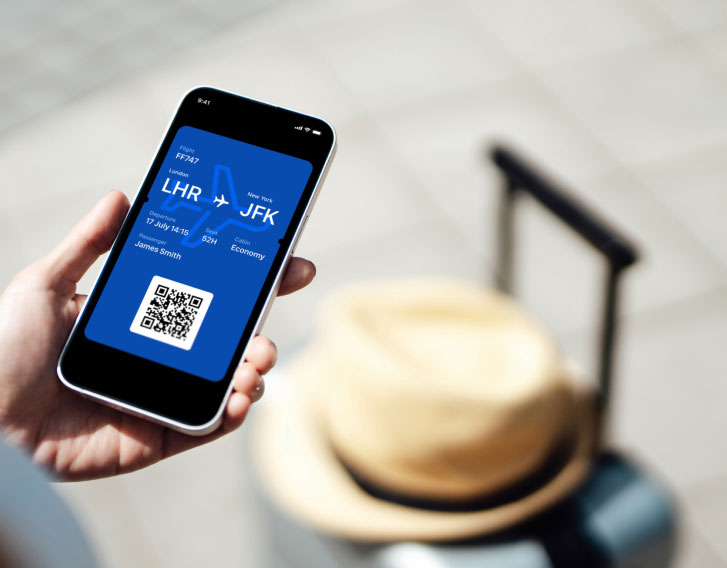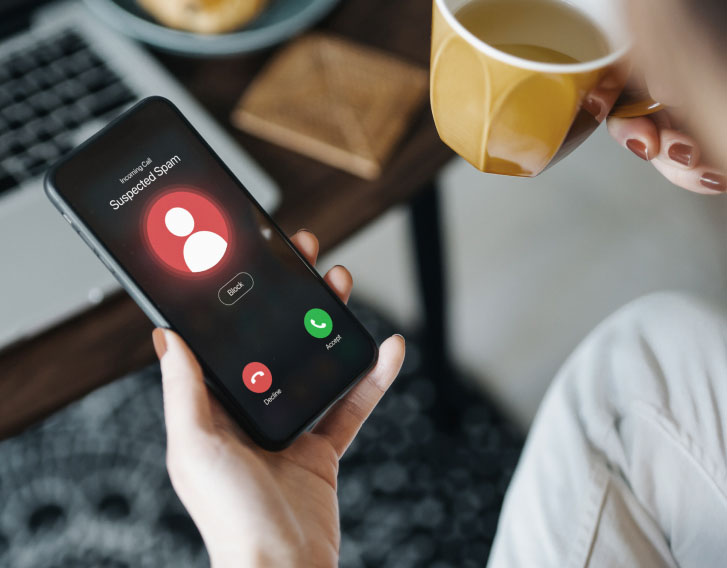Privacy
Why You Need to Hide Your IP Address from Hackers
In the vast landscape of the internet, where information flows freely, the importance of safeguarding one’s digital presence has become paramount. One of the fundamental aspects of internet security is protecting your IP address from potential hackers. Your IP address is akin to a digital fingerprint, revealing your location and enabling cybercriminals to exploit vulnerabilities.
What is an IP address?
Before delving into the reasons behind hiding your IP address, let’s grasp the basics. An IP address (Internet Protocol address) is a unique identifier assigned to each device connected to a network. It serves as a virtual address for communication and can reveal a considerable amount of information about your online activities, including your location.
Why would someone want your IP address?
There are several reasons why someone might want to know your IP address, and not all of them are malicious. For example, IT professionals might need your IP address to troubleshoot network issues; websites and online services can use your IP address to determine your approximate location and use it to give you relevant information, like the weather; companies can use the IP addresses of their website visitors for analytical purposes in effort to understand their audience and improve their services.
On the flip side, cybercriminals can also use your IP address for malicious intent, for example:
- Malicious individuals might try to obtain your IP address to gain unauthorized access to your computer or network. Once they have your IP address, they can attempt various attacks, such as DDoS attacks or trying to exploit vulnerabilities in your system. (A DDoS, or Distributed Denial of Service attack is an attempt to disrupt servers, services or networks by overwhelming it with a flood of illegitimate traffic, causing it to become slow, unresponsive or completely unavailable to users).
- Cybercriminals can use your IP address to tailor phishing attempts specifically for you or your location, making their fraudulent messages seem more convincing.
- Advertisers or malicious entities might use IP addresses to track your online activities without your consent, compromising your privacy.
IP addresses can be obtained through various means, some of which are legitimate and others that involve malicious or unauthorized activities. It’s important to note that obtaining someone’s IP address without their consent for malicious purposes is illegal and unethical. Here are some common ways IP addresses can be obtained:
- Website Logs: Websites you visit may log your IP address for various purposes, such as analyzing traffic patterns or preventing fraud.
- Emails: When you send an email, the recipient can view your IP address in the email header. However, most email services hide this information by default.
- Social Media: Social media platforms may log IP addresses for security and analytical purposes.
- Online Gaming: In online gaming, IP addresses might be visible to other players for establishing connections during multiplayer games.
- Chat Services: IP addresses can sometimes be obtained through direct peer-to-peer connections in chat services, especially in file-sharing scenarios.
- Torrenting: When using torrent clients, your IP address can be visible to other users in the same torrent swarm.
- Malware: Malicious software or malware can be used to infect a computer and gather sensitive information, including IP addresses.
- Phishing: Phishing attacks might trick users into clicking on malicious links, leading to websites that record their IP addresses.
Reasons to hide your IP address:
- Protection Against Cyber Attacks: Hackers often exploit unprotected IP addresses as entry points into a network or device. By concealing your IP address, you make it significantly more challenging for hackers to target you directly. This added layer of protection acts as a deterrent, making your online activities less susceptible to cyber attacks.
- Protection Against Doxxing: Doxxing involves maliciously revealing and publicizing private information about an individual on the internet. Your IP address is a piece of this puzzle. By concealing it, you fortify your defenses against such intrusive practices, making it harder for individuals with malicious intent to gather personal information about you.
- Preservation of Privacy: Your IP address is more than just a series of numbers; it can be used to track your online activities, monitor your browsing habits, and even identify your physical location. Hiding your IP address helps preserve your privacy by preventing websites and malicious entities from collecting data about you without your consent.
- Prevention of Geo-Location Tracking: Every time you connect to the internet, your IP address discloses your approximate geographical location. While some websites use this information for legitimate purposes, hackers can exploit it for malicious intent. Concealing your IP address ensures that your physical location remains private, reducing the risk of targeted attacks.
- Safeguarding Personal Information: Your IP address is intricately linked to your personal information. Cybercriminals often use IP addresses to gather details about users, including their location, internet service provider, and sometimes even their identity. By hiding your IP address, you minimize the chances of such information being misused for identity theft or other cybercrimes.
- Bypassing Geo-Restrictions: Certain online content, such as streaming services or websites, may be restricted based on your geographical location. By hiding your IP address and using a Virtual Private Network (VPN), you can bypass these geo-restrictions, accessing content that might otherwise be unavailable in your region, or when you’re on vacation. Remember that while this method can help hide your IP address, it’s important to use them legally and responsibly.
- Enhanced Online Anonymity: Internet users are becoming increasingly aware of the need for anonymity in the digital realm. Whether for personal or professional reasons, many individuals seek to minimize their digital footprint. Hiding your IP address contributes to this anonymity, making it harder for third parties to trace your online activities back to you.
- Protection in Public Wi-Fi Networks: Public Wi-Fi networks are notorious for their vulnerability to cyber attacks. Hackers often exploit these networks to intercept data transmitted between devices. Concealing your IP address provides an extra layer of security when using public Wi-Fi, safeguarding your sensitive information from potential threats.
How to hide your IP address
Hiding your IP address involves using tools or services that mask your real IP address with a different one, making it difficult for others to trace your online activities back to your exact location. Here are some methods to hide your IP address:
- Use a VPN (Virtual Private Network): A VPN routes your internet traffic through its servers, encrypting your data and masking your IP address—enhancing the security of your online activities including banking, shopping and web browsing. There are many VPN services available, both free and paid, that you can use on various devices such as computers, smartphones and tablets. Choose a reputable VPN provider and install their application on your device. Connect to a server location of your choice. Your IP address will appear as the server's IP address, hiding your real IP.
- Use a Proxy Server: A proxy server acts as an intermediary between your device and the internet. It forwards your requests, masking your IP address. There are various types of proxies, including HTTP proxies and SOCKS proxies. You can find both free and paid proxy services. Configure your device to use the proxy server's IP address and port number in your internet settings.
- Use Mobile Data: If you’re using a mobile device, connecting to the internet using your mobile data network hides your IP address. However, be mindful of data usage limits and potential charges from your mobile carrier.
- DNS Proxy Services: DNS (Domain Name System) proxy services route your DNS requests through their servers, hiding your IP address from websites. Configure your device or router to use a DNS proxy service to mask your IP address.
In an era where connectivity is integral to our daily lives, securing our online presence is not just an option but a necessity. Hiding your IP address emerges as a crucial component of a robust cybersecurity strategy, protecting against a myriad of potential threats. Whether you are concerned about privacy, the prevention of cyber attacks or the preservation of personal information, taking the proactive step to hide your IP address is a vital measure in fortifying your digital defenses.


